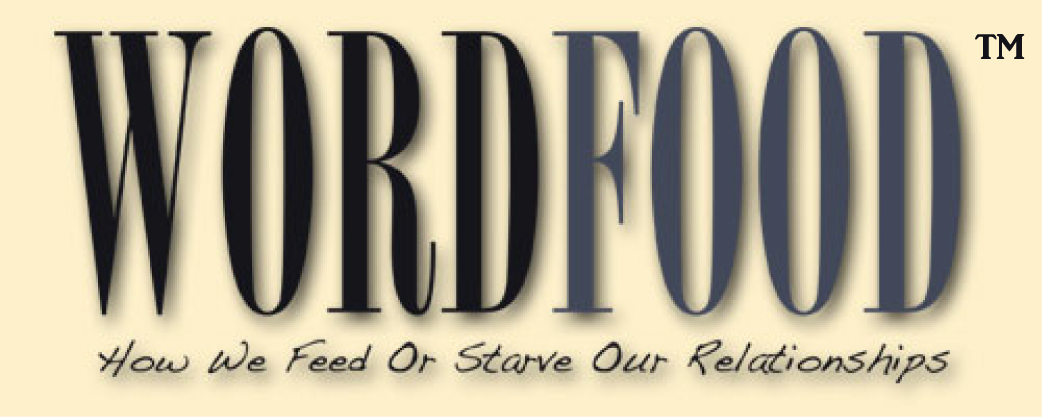“I hate my life!”
Those are the words a dear friend expressed in an email a few weeks ago. She was frustrated with her job, she couldn’t see her grandkids because of a tiff with her son, her house wouldn’t sell, her weight loss plan wasn’t working. She was lonely.
My friend Alicia is lovely, looks half her age, is talented and smart, is certainly not obese. She has many things to be thankful for but she can’t see them.
Her choice of words is instructive. While there are times that you may have felt this way about your life, sometimes it makes sense to consider this: the words you say and the thoughts you think are like prayers. Everything you think goes out into the Universe as a request. So when Alicia, who wants very much for the conditions of her life to change, speaks negatively about her life, she is effectively asking for more of the same.
Your thoughts- all of them- minute to minute, day to day, carry your intentions into a highly responsive Universe. If you are sending out negativity, bile, anger and bitterness, it is no wonder that things may not be going well. If you send out gratitude, graciousness, wonder and joy, then these are what get returned. This is perhaps why it’s so confusing at times. You go to church on Sunday, or say prayers periodically and ask fervently for better conditions. Then you find fault, complain, are angry all the time because your situation doesn’t change to your liking. Ever heard of the Law of Attraction?
No matter what shape you are in, your body allows you to see the sunsets, listen to a child’s laugh, enjoy a good football game, eat a great meal, look at your family’s faces, pet your beloved animal, smell popcorn. Without your body, these things aren’t available to you. For someone facing imminent death, they would trade anything to be in your body, no matter how thunderous your thighs or the size of your Visa bill. Life is a privilege.
Your words carry great power. Listen to your thoughts, your words. Listen carefully to your internal conversation, your demands. You are being heard.
Joel Osteen once said on a radio interview that his advice for everyone, everywhere was to find something to be grateful for every day. This is one habit that will serve you enormously. Find reasons for joy, laughter, saying thanks. And watch the conditions around you shift.

